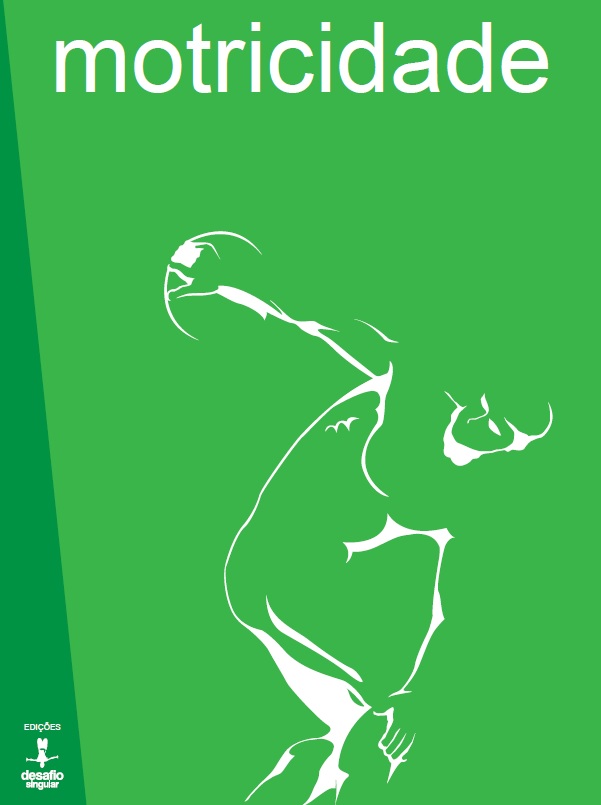Bandwidth knowledge of results persists on motor skills acquisition
DOI:
https://doi.org/10.6063/motricidade.14294Abstract
The aim of this study was to investigate the short and long-term effects of the bandwidth KR in learning of the absolute and relative dimensions of a motor skill. Twenty-two undergraduate students divided into two groups: G15 who received KR when the relative error exceeded 15%; and G0, with KR after every trial. The study consisted of an acquisition phase, and the volunteers practiced 100 trials with a target time of 850 ms and relative of 22.2%, 44.4% and 33.3% between the first and second, second and third, third and fourth keys, respectively. This phase, KR related to relative time (relative error) was provided according to the group. KR of total target time was available to both groups after all trials. Three retention tests with ten trials were conducted 10 minutes, 24 hours and one week after the acquisition phase. The results showed that G15 had a smaller relative error than G0. This study allows concluding that bandwidth KR in relation relative time error showed its effects in the consistency of relative time. These effects persisted even after seven days after the acquisition phase in a delayed retention test.
Downloads
Published
Issue
Section
License
The authors of submitted manuscripts must transfer the full copyright to Journal Motricidade / Sílabas Didáticas Editions. Granting copyright permission allows the publication and dissemination of the article in printed or electronic formats, and copyrights start at the moment the manuscript is accepted for publication. It also allows Journal Motricidade to use and commercialise the article in terms of licensing, lending or selling its content to indexation/abstracts databases and other entities.
According to the terms of the Creative Commons licence, authors may reproduce a reasonable number of copies for personal or professional purposes, but without any economic gain. SHERPA/RoMEO allows authors to post a final digital copy (post-printing version) of the article on their websites or on their institutions' scientific repository.


